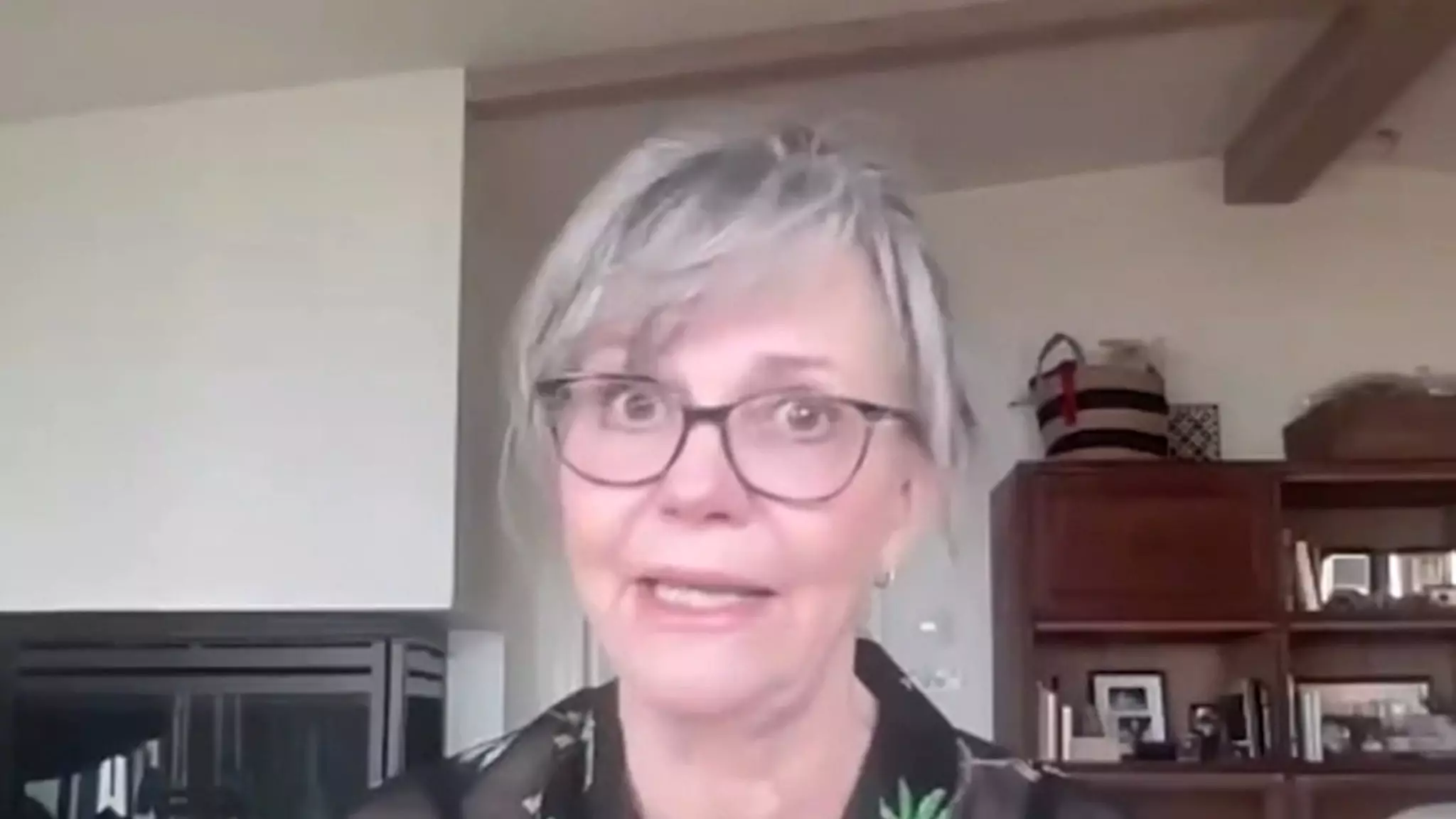In a poignant revelation that intertwines personal pain with political urgency, legendary actress Sally Field has bravely shared her experience of an “illegal” abortion. As the contours of reproductive rights continue to dominate contemporary political discourse, Field’s narrative sheds light on the stark realities and emotional ramifications of such decisions. In her harrowing story, unveiled through an emotional Instagram video, Field recounted her journey of becoming pregnant at just 17 years old, just after finishing high school. With sparse support and resources—both emotional and financial—she found herself compelled to seek an abortion in Mexico, a choice that would haunt her for years to come.
Field’s experience highlights a critical issue: the stigmatization surrounding teenage pregnancy and the lack of robust support systems. Many young women find themselves navigating an unhelpful labyrinth of societal judgments, familial expectations, and limited resources. At a time when access to reproductive health services varies widely across the United States, the necessity for candid discussions surrounding abortion becomes increasingly crucial. It isn’t merely about the act itself; it’s about the systemic failures that lead individuals to such a desperate choice. Through her story, Field’s intentions serve both as a therapeutic release for herself and as a beacon for others who may find solace in her honesty.
As she tucked her mother’s hand into her own and entered a world filled with uncertainty, Field’s recollections turned dark. Without anesthesia, she described her procedure as “hideous and life-altering”, further emphasizing the trauma associated with her experience. The physical pain she endured was exacerbated by unwanted advances that left her feeling powerless and ashamed. Such accounts of violation and humiliation reveal the fragility of women’s health rights, and the tendency for some healthcare settings to exacerbate their vulnerability rather than empower them. Field’s narrative transpired in a singular moment but echoes the countless stories of women who have historically faced similar indignities.
With the upcoming election looming large, Field’s sobering account was purposefully shared to underline the importance of supporting political figures who champion women’s rights. Specifically, she is using her platform to back Kamala Harris, a politician vocal about reproductive rights. This deliberate choice is a reminder that personal stories can galvanize public action, especially in a politically charged climate where rights can be curtailed.
Through Field’s articulate storytelling, we face the uncomfortable truth that such trauma often remains buried under layers of silence and stigma. While societal change is gradual, sharing stories like Field’s contributes to an increasingly necessary dialogue. It encourages voters to reflect on the systemic issues surrounding reproductive rights and emphasizes the importance of advocacy to foster a more equitable society. Sally Field’s revelations serve not just as a call to action but also as a profound reminder of the resilience of women’s voices in the face of oppression and the ongoing battle for reproductive freedom.

